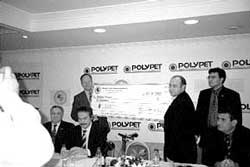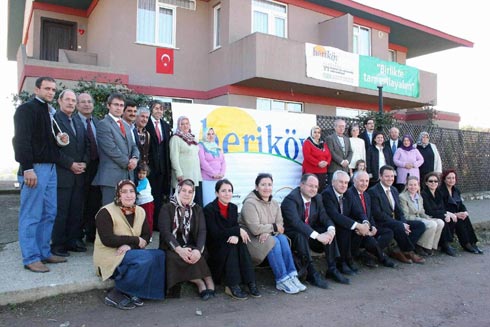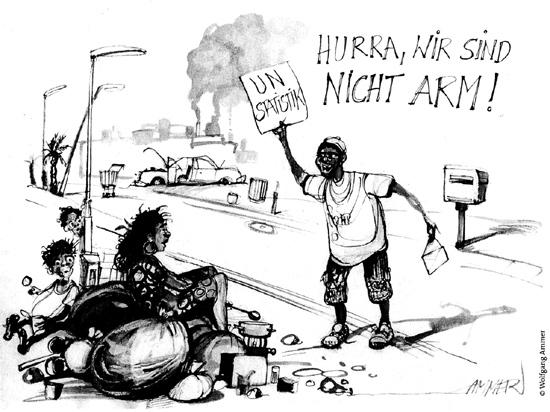ABOUT HABITAT III
- Ayrıntılar
- Kategori: Habitat News
ABOUT HABITAT III
The Conference
In Resolution 66/207 and in line with the bi-decennial cycle (1976, 1996 and 2016), the United Nations General Assembly decided to convene the Habitat III Conference to reinvigorate the global commitment to sustainable urbanization, to focus on the implementation of a New Urban Agenda, building on the Habitat Agenda of Istanbul in 1996.
Member States of the General Assembly, in Resolution 67/216 , decided that the objectives of the Conference are to secure renewed political commitment for sustainable urban development, assess accomplishments to date, address poverty and identify and address new and emerging challenges. The conference will result in a concise, focused, forward-looking and action-oriented outcome document.
On 22 December 2015 the United Nations General Assembly, on its seventieth session, adopted the resolution on the ‘Implementation of the outcome of the United Nations Conference on Human Settlements (Habitat II) and strengthening of the United Nations Human Settlements Programme (UN-Habitat)’ (A/70/473) , which refers to the United Nations Conference on Housing and Sustainable Urban Development (Habitat III) Conference modalities. The approved rules of procedure for Habitat III recognises the participation of the representatives of local authorities accredited to the Conference in rule 64, as it happened in Habitat II in 1996.Read more












